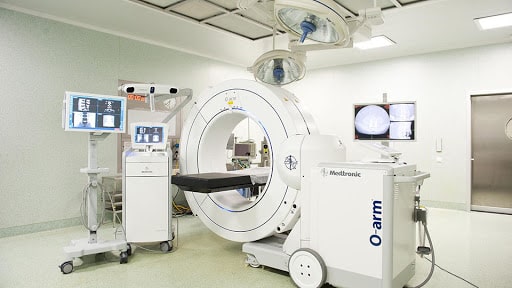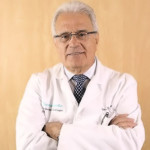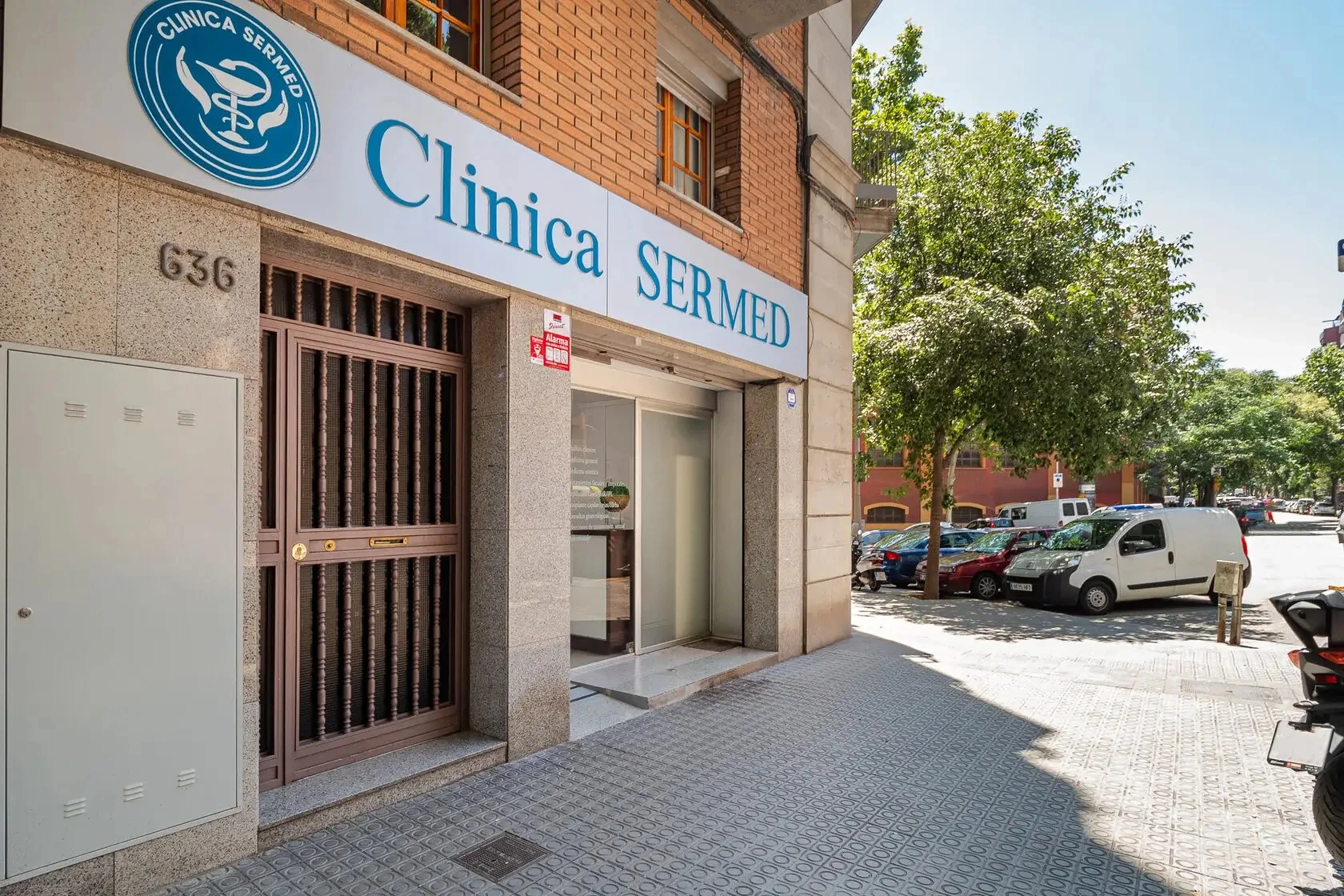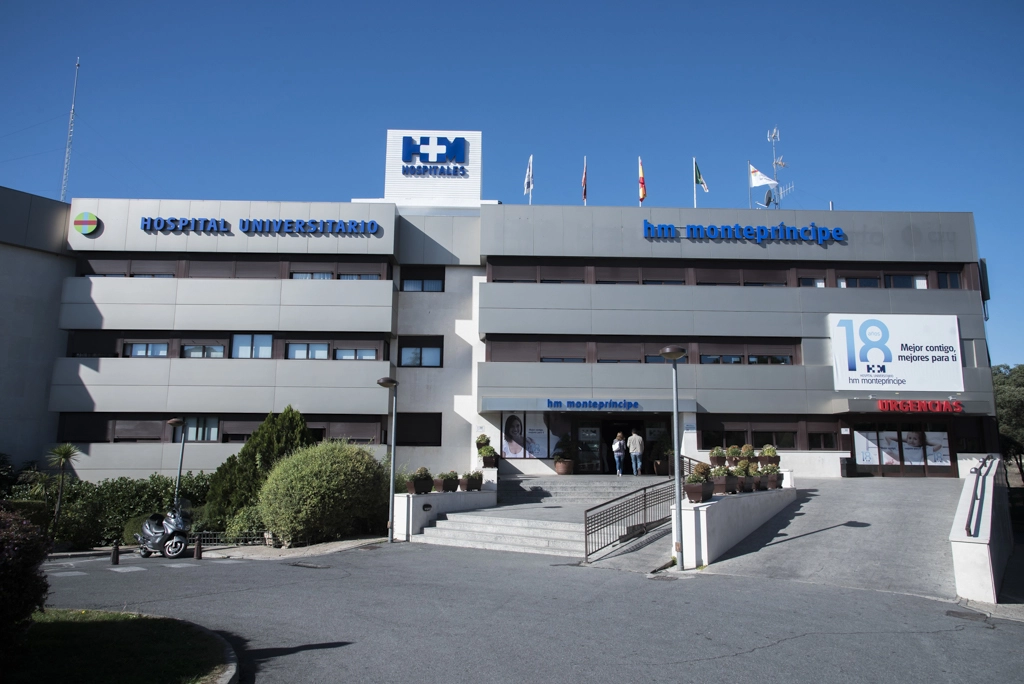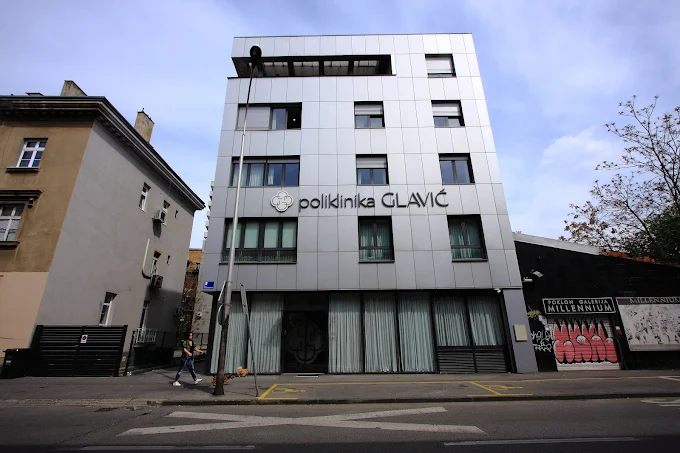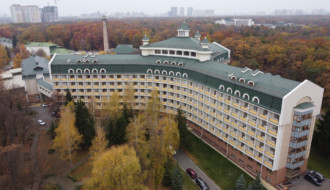Since 2007, the Joseph Baselg Institute of Oncology has been based in the clinic – one of the leading medical centers for the treatment of oncology in Europe. Every year, 3,000 cancer patients are treated at the Institute of Oncology and more than 18,000 patients receive consulting assistance.
The employees of the institute conduct active research work and cooperate with oncological medical institutions around the world. Until 2018, the co-founder of the institute, Joseph Baselga, was the chief physician of one of the most respected medical centers for the study and treatment of cancer, the Memorial Sloan-Kettering Cancer Center in the United States. This contributes to the effective exchange and professional development of specialists.
The Institute participates in clinical research and provides patients with the opportunity to be treated with new methods of effective cancer therapy, such as:
- Monoclonal antibodies;
- Tyrosine kinase inhibitors;
- Angiogenesis inhibitors;
- Immunotherapy.
Before starting treatment, the patient is carefully examined in order to detail the diagnosis. Baselga Institute of Oncology practices new diagnostic methods, including liquid biopsy (determination of tumor DNA in a patient’s blood). The study of the patient’s genome makes it possible to identify genetic mutations and the activity of certain genes that affect the dynamics of the disease and the body’s response to therapy. In-depth diagnostics makes it possible to individualize treatment, which increases the patient’s chances of recovery.
The Institute of Oncology provides treatment in the following areas:
- Mammary cancer;
- Tumors of the head and neck;
- Sarcoma;
- Melanoma;
- Oncohematology;
- Tumors of the gastrointestinal tract and endocrine organs;
- Tumors of the genitourinary system;
- Oncogynecology;
- Lungs’ cancer.
A team of doctors takes part in the treatment of the patient and discusses the progress of the treatment at weekly consultations. This approach allows physicians to adjust the treatment plan based on multiple points of view.
Much attention is paid to the comfortable stay of patients in the hospital and the solution of their urgent needs during the entire period of treatment. The Institute of Oncology employs a staff of medical psychologists who provide support to patients and conduct advisory work with relatives. The dietary recommendations provided by nutritionists are agreed with the medical team and are based on scientific evidence, the type of cancer, the treatment received, and the patient’s symptoms and appetite.
During chemotherapy, patients experience discomfort due to intense hair loss. The oncology department uses a special device that significantly reduces the level of hair loss. This is achieved by freezing the hair follicles with a helmet that is put on the scalp of the patient. In frozen follicles, blood vessels constrict and blood flow slows down, which prevents the spread of the chemotherapy drug.
The Baselga Cancer Institute is the first private medical institution to use virtual reality glasses for patients during a chemotherapy session. Studies show that such a technological solution reduces stress and anxiety by 80%.




